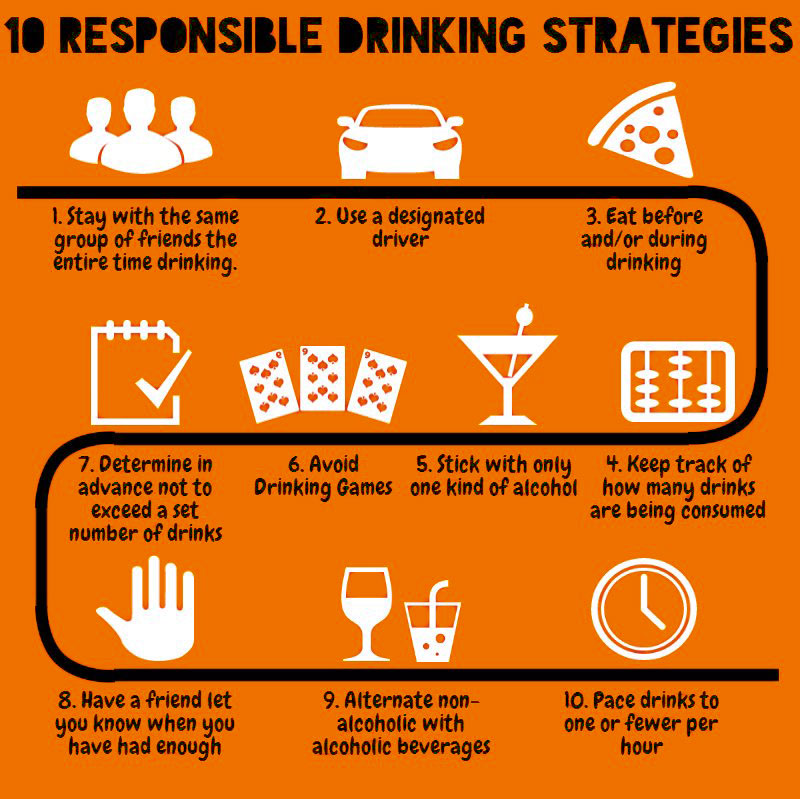Discover the surprising truth behind how weight impacts alcohol tolerance. Find out the magic number of beers it takes to get drunk!

Image courtesy of Anete Lusina via Pexels
Table of Contents
Alcohol consumption and intoxication are topics that have intrigued scientists and casual drinkers alike for centuries. One common question that often arises is: how many beers does it take to get drunk? While the answer may seem straightforward, the science behind alcohol metabolism and individual tolerance levels is far from simple. In this blog post, we will delve deep into the factors that influence intoxication and explore the complexities of alcohol consumption.
Understanding Alcohol Metabolism
When you consume alcohol, it is absorbed into your bloodstream through the walls of your stomach and small intestine. From there, it is processed by the liver, where enzymes break it down into byproducts that can be eliminated from the body. The rate at which alcohol is metabolized can vary depending on a variety of factors, including the presence of certain enzymes that help break down alcohol.
One key enzyme involved in alcohol metabolism is alcohol dehydrogenase, which converts alcohol into acetaldehyde. Individuals with genetic variations in this enzyme may metabolize alcohol at different rates, impacting how quickly they feel the effects of alcohol. Additionally, liver function plays a crucial role in determining how efficiently alcohol is processed, as a healthy liver is better equipped to metabolize alcohol than a compromised liver.
Individual Tolerance Levels
Individual tolerance levels to alcohol can vary significantly from person to person. Factors such as genetics, weight, gender, and overall health can all influence how much alcohol a person can consume before feeling intoxicated. For example, individuals with a higher percentage of body fat may feel the effects of alcohol more quickly than those with a higher percentage of muscle mass, as alcohol is less soluble in fat tissue.
Gender also plays a role in alcohol tolerance, as women tend to have lower levels of alcohol dehydrogenase and may therefore metabolize alcohol more slowly than men. Additionally, genetic variations in enzyme activity can impact how quickly an individual becomes intoxicated, with some people being more predisposed to feeling the effects of alcohol than others.
Other Factors Influencing Intoxication
While individual tolerance levels and alcohol metabolism are important factors in determining how many beers it takes to get drunk, there are other variables that can influence intoxication. For example, consuming alcohol on an empty stomach can lead to quicker absorption into the bloodstream as there is less food to slow down the consuming class=”infographics-div”>

Image courtesy of regenerationdistilling.com via Google Images
Hydration levels can also impact how quickly someone becomes drunk, as alcohol can dehydrate the body and lead to more pronounced effects. Mixing alcohol with other substances, such as medications or illicit drugs, can also increase the risk of intoxication and have dangerous consequences.
It is important to be mindful of these factors when consuming alcohol and to drink responsibly. Moderating alcohol consumption, staying hydrated, and avoiding mixing alcohol with other substances can help reduce the risk of excessive intoxication and its associated risks.
Conclusion
In conclusion, the question of how many beers it takes to get drunk is not as straightforward as it may seem. Alcohol metabolism, individual tolerance levels, and other factors all play a role in determining how quickly someone becomes intoxicated. By understanding these complexities and making informed decisions when consuming alcohol, individuals can better navigate their own alcohol consumption and stay safe while drinking.
Is weight the only factor that determines how many beers it takes to get drunk?
No, in addition to weight, factors like genetics, gender, liver function, and overall health play a significant role in alcohol tolerance and metabolism.
Can metabolism speed affect how quickly someone gets drunk?
Yes, individuals with faster metabolisms may process alcohol more quickly, potentially requiring more drinks to feel intoxicated.
How does mixing alcohol with other substances impact intoxication levels?
Mixing alcohol with medications or illicit drugs can intensify intoxication and pose serious health risks.
Why is it important to drink responsibly and know your limits?
Drinking responsibly helps prevent overconsumption, reduces the risk of alcohol-related accidents and health issues, and promotes safe social behavior.
Powered by Texta.ai Blog Automation
Leave a Reply